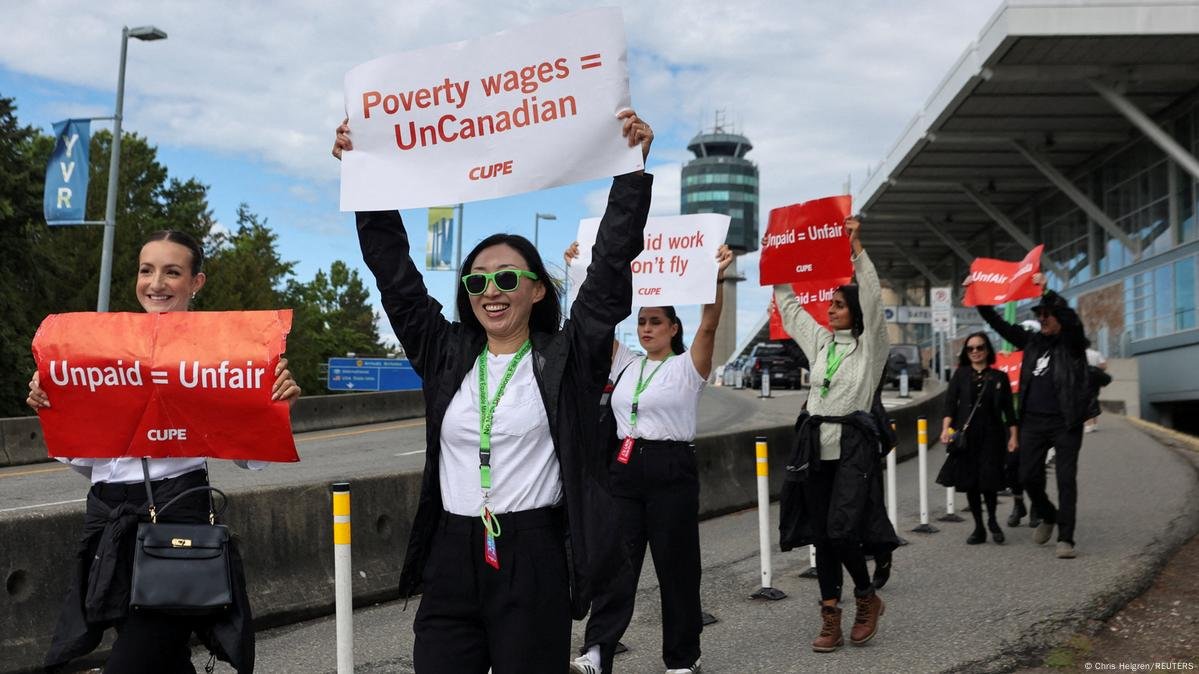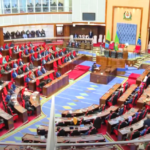Negotiations resumed in Toronto late Monday night between airline executives and the union representing nearly 10,000 striking flight attendants, as the labor dispute entered its fourth day.
The strike has already disrupted peak summer travel, grounding hundreds of flights and stranding passengers across Canada and beyond.
The talks, mediated by labor expert William Kaplan, marked the first formal dialogue since crews walked off the job over the weekend. Union leaders, however, stressed they would not return to work until significant progress is made on issues of pay and compensation for tasks outside flight hours.
At the core of the dispute is the long-standing practice of paying attendants only for the hours they are in the air. Duties such as boarding passengers, helping with luggage, and managing ground operations are currently unpaid. According to the Canadian Union of Public Employees (CUPE), which represents the flight attendants, this amounts to thousands of hours of free labor each year.
The strike’s impact has been severe. Roughly 700 flights are being canceled daily, affecting about 130,000 passengers—an unprecedented disruption during the busy summer holiday season. Families on vacation, business travelers, and international visitors have all been left scrambling to rebook tickets or find alternative routes.
Also Read; Trump-Putin Summit Seeks Ukraine Conflict Resolution
The Canadian government has been watching closely. Officials acknowledged the economic toll of the strike while also recognizing the legitimacy of the workers’ concerns. The labor ministry has launched an investigation into unpaid duties and hinted at possible regulatory reforms. Meanwhile, the federal labor board declared the strike illegal and ordered crews back to work. Despite that, CUPE vowed to continue the job action, with union leaders even saying they were prepared to face penalties or imprisonment if necessary.
The airline has argued that it cannot meet all the wage demands without risking financial stability, pointing to the challenges facing the aviation sector since the pandemic. Still, the resumption of talks suggests there may be room for compromise.
For now, travelers remain caught in the middle of a bitter standoff. Stranded passengers have flooded social media with stories of missed weddings, canceled vacations, and overnight waits in crowded airports. Many have expressed sympathy for the flight attendants, noting the difficult balance they face between ensuring fair pay and avoiding disruption for travelers.







